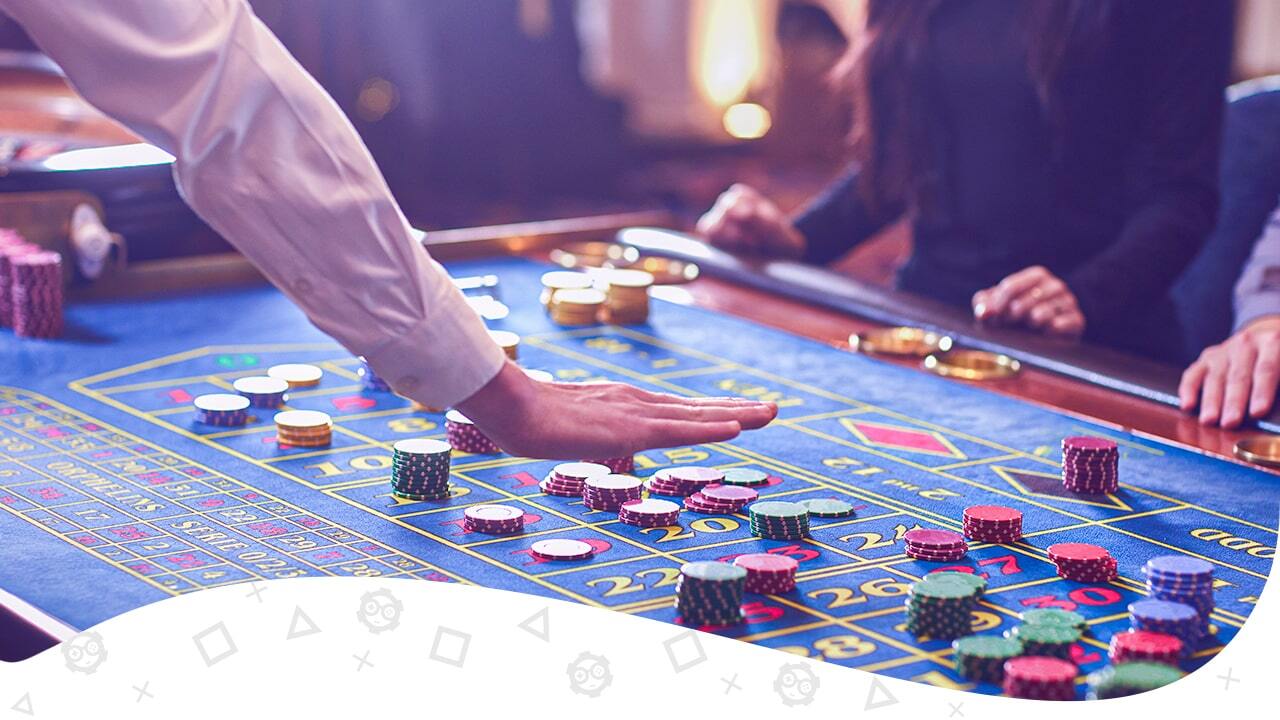
In the world of gambling, in which chance and strategy meet, a unique tapestry of beliefs unfolds—one that weaves together luck, fate, and the enigmatic nature of casino games. Casinos, bustling with excitement and anticipation, are not just venues for placing bets; they are also arenas in which superstitions thrive. From the novice player to the seasoned gambler, these mysterious practices often shape how individuals approach the games they play, believing that their actions can affect the outcome in ways that go beyond mere probability.
As players gather around roulette wheels, blackjack tables, and slot machines, the atmosphere is thick with stories of lucky charms, rituals, and codified behavior that defy logic yet provide a sense of comfort. Whether it’s wearing a specific outfit, following a particular sequence of bets, or even avoiding certain numbers, the attachment to various superstitions reflects a deep-rooted desire to master the uncontrollable. This article delves into the captivating world of casino game superstitions, examining the beliefs that simultaneously entertain and mystify those who dare to play.
Historical Roots of Superstitions
Gambling games have long been interwoven with an host of superstitions that go back to early cultures. The beginnings of these notions can be associated to humanity’s intrinsic need to control the random outcomes connected with chance and randomness. Đăng nhập FB88 In early civilizations, activities of chance were often connected to religious practices. Players would seek aid or request favor from gods, believing that their actions could change the results in their favor. This foundation laid the groundwork for the myriad of superstitions that proliferated as gambling evolved over time.
During the Middle Ages, gambling became a popular hobby across the continent, and with it, a diverse tapestry of superstitions emerged. Participants adopted various rituals and charms, believing they could change the outcome of games. The value of numbers, in particular, emerged to appear in superstitions related to card games and dice. The number 7 was often considered auspicious, while different numbers carried negative connotations. These beliefs mirrored the cultural contexts of the time, adapting as they transferred through generations and adapted to new gaming environments.
As gaming establishments developed in the 17th century, particularly in Italy and France, the atmosphere surrounding betting became imbued in mystique. The growing openness of gambling activities allowed for the spread and diversification of superstitions among players. Concepts like fortunate charms, designated seating positions, and rituals gained prominence, creating a unique culture within betting houses. FB88 As these customs continued to thrive, they became integral to the essence of gambling games, illustrating how the past and tradition shape the notions that influence how participants interact with luck.
Popular Casino Myths
Beliefs surrounding gambling activities are plentiful and varied, reflecting the hopes and anxieties of gamblers as they participate in chance-based games. One of the most prevalent views is that certain digits bring luck or misfortune. For example, the number 7 is often seen as a lucky digit, frequently sought after by gamblers looking for a positive result. Conversely, the number 13 is routinely considered unlucky, leading many players to avoid it during their gambling sessions.
A frequent belief relates to rituals that players believe can affect their odds. It could be blowing gently on the dice before a roll, using a specific hand to place a bet, or even wearing particular items of clothing, many people feel that these rituals can sway fate in their favor. These practices offer a feeling of control in an otherwise random environment, strengthening the idea that luck can be created through personal convictions and customs.
Lastly, the environment and vibe of the gambling house itself contributes to myths. Many players suggest that the presence of specific symbols, such as four-leaved clovers or lucky coins, can enhance their odds of success. Additionally, gamblers might adhere to the notion that winning streaks can be interrupted by mundane occurrences, such as a person walking past or a spill at the table. The collective atmosphere in a casino can amplify these beliefs, creating a shared culture of superstitions that transcends single experiences.
Impact of Superstitions on Players
Beliefs play a crucial role in the mindset of casino players, often affecting their behavior and decision-making. A lot of gamblers think that luck can be manipulated through various rituals, such as wearing a lucky charm, selecting specific colors, or steering clear of particular digits. This dependence on superstitions can create a feeling of control in an environment that is intrinsically unpredictable. Players frequently feel more self-assured and engaged when they believe that their actions could sway the outcome of a game in their favor.
The influence of these superstitions extends beyond singular players, affecting the overall atmosphere within the casino. For example, a player who holds the belief in the luck of a certain slot machine might attract a gathering, as onlookers are intrigued by their apparent success. This shared belief can heighten excitement and create a lively environment, leading to an interesting experience even for those who may not necessarily be superstitious. The buzz around certain games can lead to increased participation and longer playing sessions, supporting the casino’s lively social scene.
In some cases, superstitions can lead to detrimental effects for players. Depending too much on rituals can result in poor gambling decisions, as some may overlook basic strategies in favor of baseless beliefs. Additionally, the pressure to perform rituals may heighten anxiety and stress levels, diminishing from the enjoyment of the experience. Ultimately, while superstitions can enhance the excitement of playing casino games, they can also lead to foolish choices that overshadow the fun and amusement intended in the casino experience.
